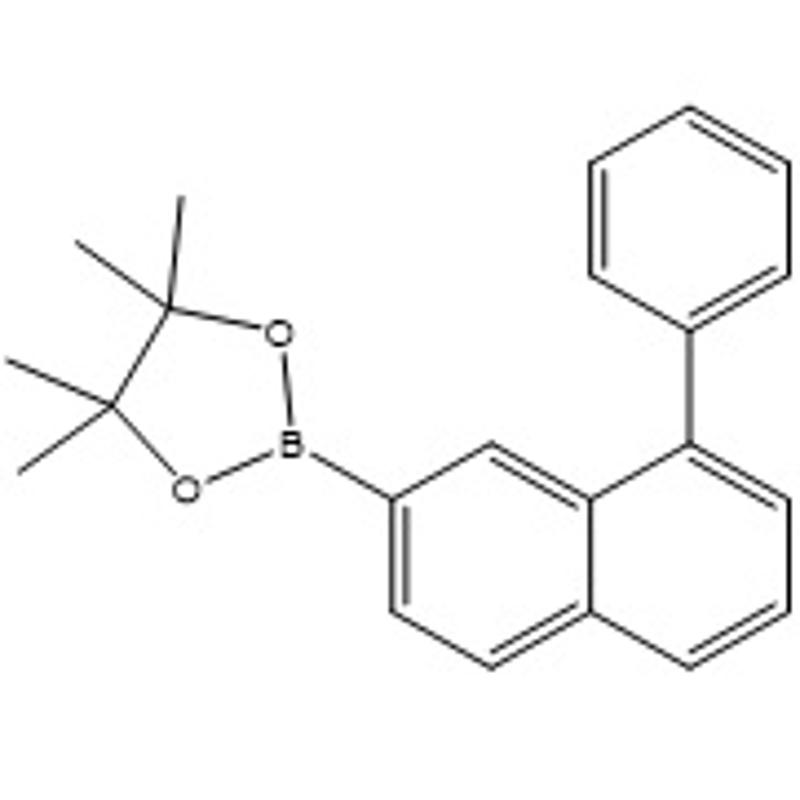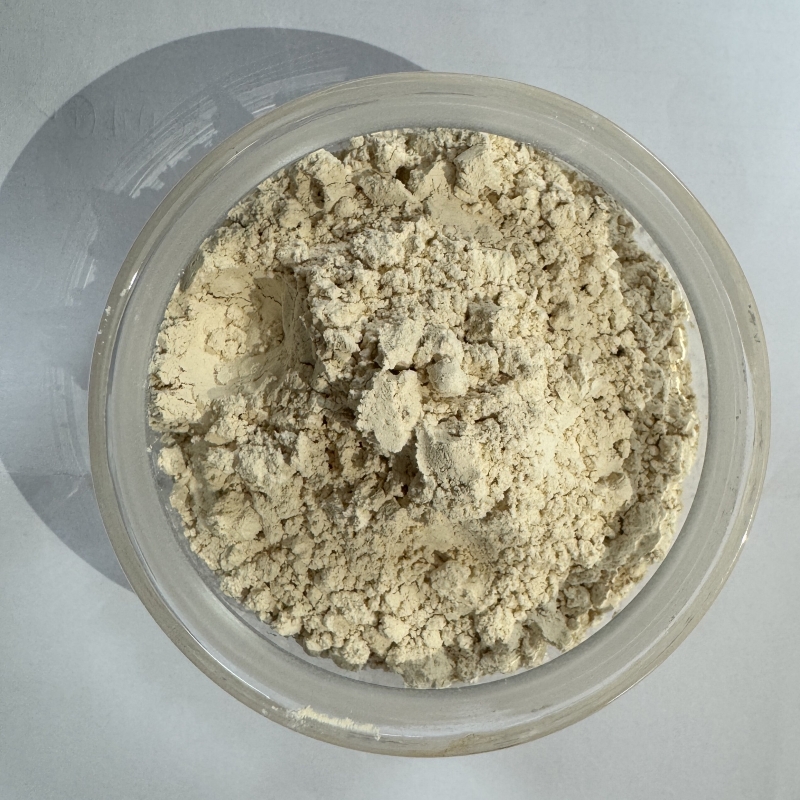-
Categories
-
Pharmaceutical Intermediates
-
Active Pharmaceutical Ingredients
-
Food Additives
- Industrial Coatings
- Agrochemicals
- Dyes and Pigments
- Surfactant
- Flavors and Fragrances
- Chemical Reagents
- Catalyst and Auxiliary
- Natural Products
- Inorganic Chemistry
-
Organic Chemistry
-
Biochemical Engineering
- Analytical Chemistry
-
Cosmetic Ingredient
- Water Treatment Chemical
-
Pharmaceutical Intermediates
Promotion
ECHEMI Mall
Wholesale
Weekly Price
Exhibition
News
-
Trade Service
6-Methyl-3-pyridazinecarboxylic acid, commonly referred to as MPCA, is a chemical compound that is often used in the chemical industry.
It is a white or off-white powder with a slightly bitter taste and a strong, unpleasant odor.
MPCA is soluble in water, ethanol, and methanol, but insoluble in ether and chloroform.
It is commonly used as a catalyst in the production of polyurethane polymers and as a ligand in the production of metal complexes.
In terms of safety, MPCA is considered to be a moderately hazardous chemical.
It is classified as a Category 3 carcinogen by the International Agency for Research on Cancer (IARC), which means that it is possibly carcinogenic to humans.
Studies have shown that MPCA can cause cancer in animals, but the evidence for cancer in humans is limited.
MPCA can also be irritating to the eyes, skin, and respiratory system.
Prolonged exposure to high concentrations of MPCA can cause skin irritation, while inhaling the vapor or dust from MPCA can cause coughing, wheezing, and shortness of breath.
It is also flammable and can ignite when exposed to heat or sparks.
The handling of MPCA should be done with caution, and appropriate safety measures should be taken to minimize the risk of exposure.
This includes wearing protective clothing, such as gloves and a respirator, and working in a well-ventilated area.
It is also important to store MPCA in a cool, dry place and to dispose of it properly, in accordance with local regulations.
In addition to its potential health risks, MPCA can also have negative environmental impacts.
It is toxic to aquatic life and can cause significant harm to fish and other aquatic organisms.
It is also harmful to plants and can cause damage to soil and groundwater.
As such, it is important to take appropriate measures to prevent MPCA from entering the environment, such as through the use of containment and spill response procedures.
Overall, MPCA is a chemical compound that should be handled with caution due to its potential health and environmental risks.
While it has a number of commercial uses, it is important to take appropriate safety and environmental precautions when working with MPCA to minimize the risks associated with its use.







